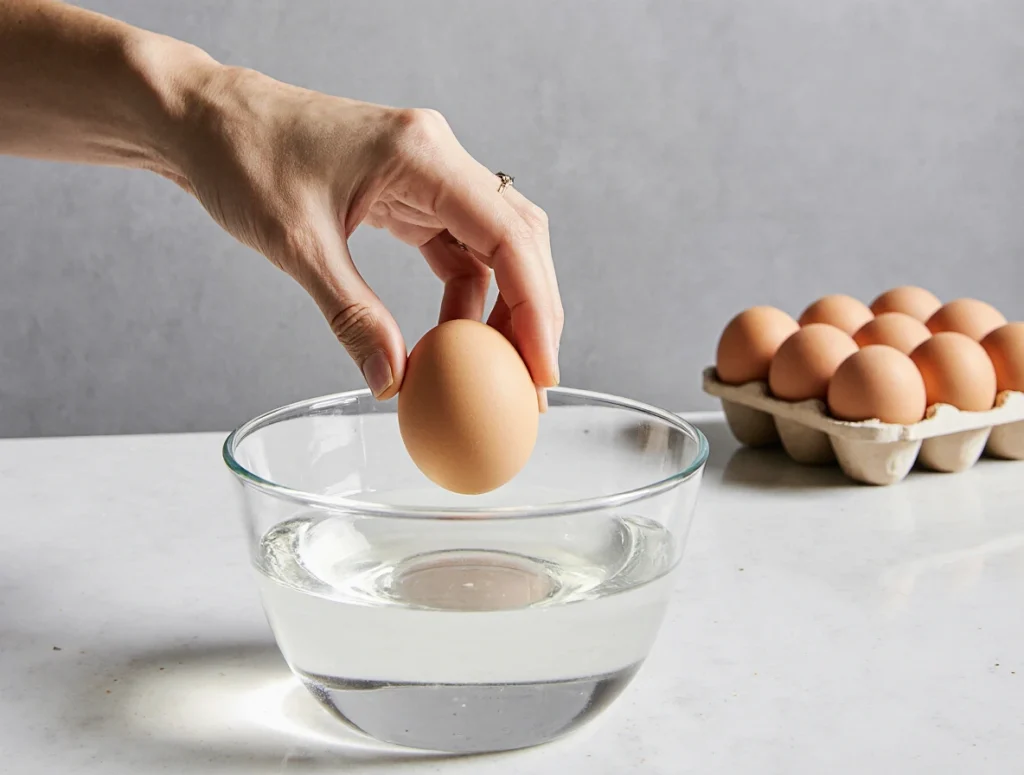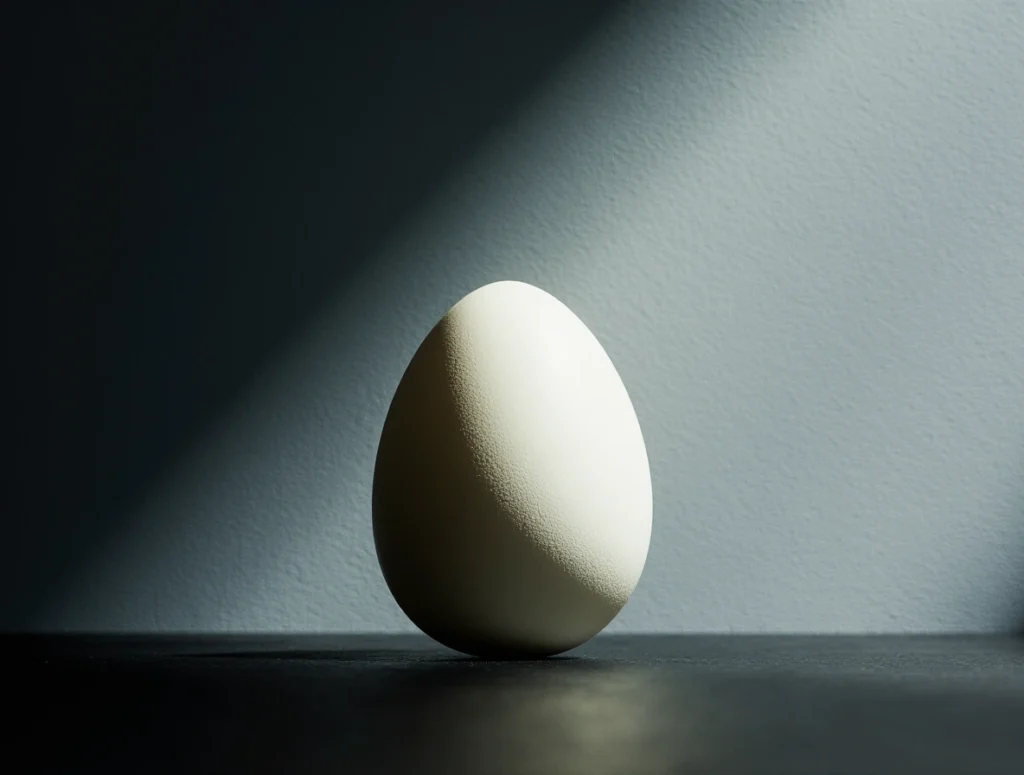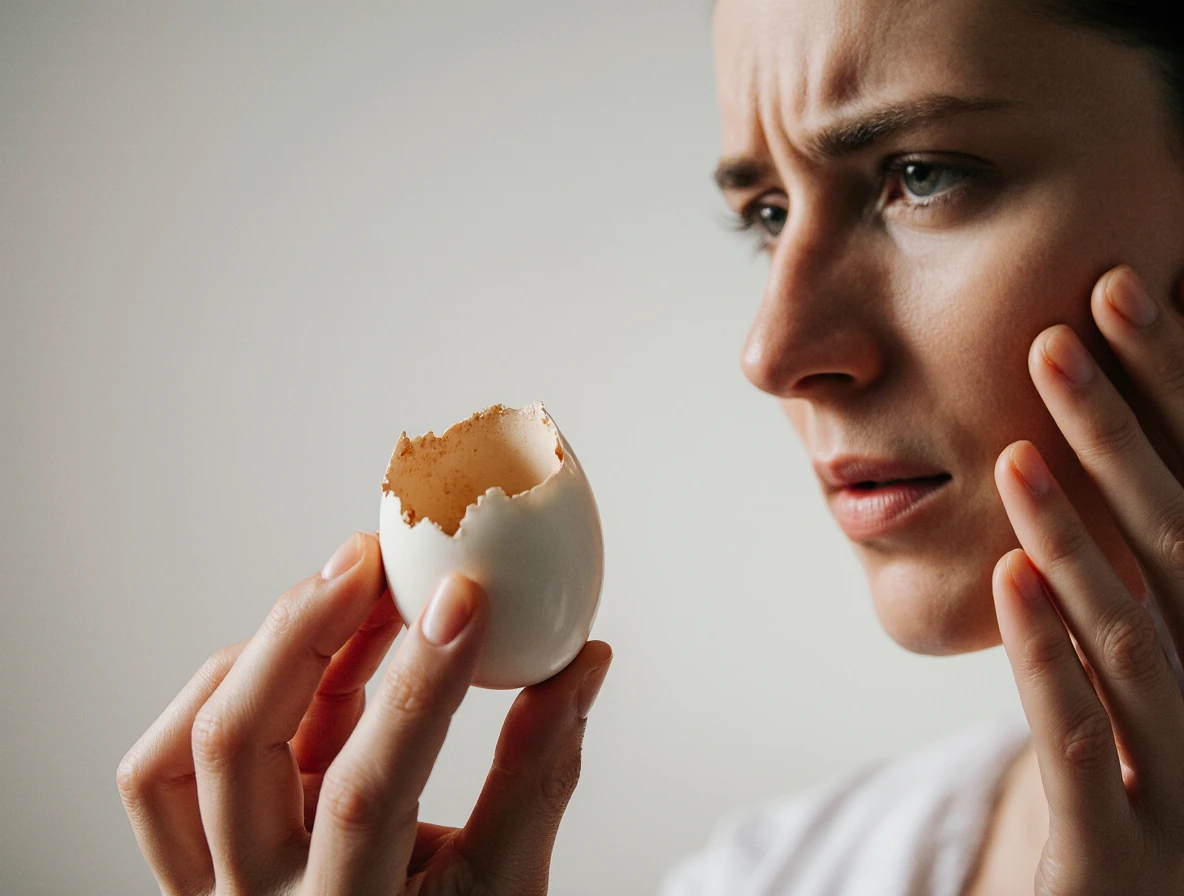Have you ever cracked an egg and wondered, “Is this still good?” Eggs are a kitchen essential for many of us, but they can be tricky—sometimes they look fine on the outside but spoil once cracked open. Knowing how to tell if an egg is good is not just about avoiding waste; it’s about protecting your health and making the most of your groceries.
In this comprehensive guide, we’ll explore simple and effective ways to test egg freshness, understand how long eggs last, and learn how to store them properly. We’ll crack some myths, share expert tips, and even dive into creative uses for eggs on the edge of expiration. By the end, you’ll feel confident reaching for eggs without second-guessing.
Table of Contents
Why Does It Matter to Know If an Egg Is Good?
You might think, “Well, I can just smell it, right?” But eggs can be sneaky. Sometimes, spoiled eggs don’t give off a bad smell until you crack them open, and eating a bad egg can cause food poisoning—a risk nobody wants to take.
Think of eggs like a delicate clock ticking quietly in your fridge. If you miss the signs of spoilage, it’s like missing a green light that suddenly turns red. The consequences can be messy, both in the kitchen and your stomach.
Also, using fresh eggs improves your cooking. Fresh eggs hold their shape better when poached or fried, and baked goods rise and taste better. So, knowing if an egg is good is both a safety issue and a culinary one.
How Long Do Eggs Last? Understanding Egg Shelf Life
One of the most common questions is, how long do eggs last? Fresh eggs, when stored properly in the refrigerator, typically last 3 to 5 weeks after purchase. But keep in mind, this varies depending on storage conditions and handling.
Egg cartons usually have a “sell-by” or “expiration” date. These dates are guidelines, not guarantees. Eggs stored in a stable, cold environment can often last beyond these dates. But always test eggs before use.
Imagine your eggs are like milk. The date on the carton gives you a timeframe, but you don’t rely on it alone—you check the smell, the look, and taste a little if needed. Eggs deserve the same attention.
The Water Float Test: A Simple At-Home Freshness Check
One of the easiest and most reliable ways to check if an egg is still good is the water float test. Here’s how it works:

- Fill a bowl or glass with cold water.
- Gently place the egg in the water.
- Observe what the egg does.
If the egg sinks and lays flat on the bottom, congratulations—that egg is fresh and good to use. If it stands upright or bobs in the water, the egg is older but might still be safe. If it floats, it’s time to toss it.
Why does this work? Eggshells are porous, so over time air seeps inside, increasing the egg’s buoyancy. Think of it as a tiny balloon slowly filling with air—the more air, the more likely it’s old.
This test is not just a kitchen hack; it’s a scientifically sound method endorsed by food safety experts.
The Sniff Test: Trust Your Nose
While the water float test checks freshness, the sniff test helps confirm safety after cracking the egg. Fresh eggs have a neutral, mild smell. Rotten eggs emit a strong sulfur-like odor that’s hard to miss.
If you detect any foul smell upon cracking, it’s best to discard the egg immediately. It’s not worth the risk, even if the egg passes the float test.
Remember, the odor can sometimes be masked if eggs are used in mixed dishes. So, it’s safer to check eggs individually when possible.
Visual and Tactile Clues to Egg Freshness
Sometimes, the eyes and fingers tell you more than tests. When you crack an egg onto a plate, observe the following:
- Egg white: Fresh eggs have thick, gel-like whites that don’t spread much. Older eggs have watery, runny whites that spread thinly.
- Yolk: The yolk of a fresh egg is round and stands tall. As eggs age, the yolk flattens and can break easily.
- Shell: A fresh egg’s shell is usually rougher and matte, while older eggs may feel smoother due to moisture loss.
If you notice discoloration, such as pink or greenish hues, or if the egg white is cloudy or unusually thick, be cautious. These could indicate bacterial growth.
Understanding Expiration Dates and What They Really Mean
Egg cartons can confuse shoppers with their dates: “sell by,” “use by,” or “best before.” These labels are more about store management than safety.
- Sell-by date: When stores should sell the eggs by. Eggs are still good for weeks after this.
- Use-by or Best-before date: Recommended for best quality. Not a strict safety deadline.
Since eggs are perishable, it’s crucial to combine date checks with freshness tests. When in doubt, perform the float or sniff tests before cooking.
Experts advise using eggs within 3-5 weeks of purchase, but many eggs last beyond that if stored properly. Think of expiration dates as a helpful guideline—not a strict rule.
How Proper Storage Extends Egg Freshness
Storage is key to egg longevity. Here are some top tips:

- Keep eggs refrigerated at or below 40°F (4°C).
- Store eggs in the original carton to protect them from odors and moisture loss.
- Avoid storing eggs in the fridge door, where temperatures fluctuate. Keep them on a middle shelf instead.
- Do not wash eggs before storage, as washing removes the protective coating that keeps bacteria out.
- Check your fridge temperature regularly with a thermometer to ensure it’s cold enough.
Think of your fridge as a vault protecting your eggs. The better the environment, the longer your eggs will stay fresh.
What Happens if You Eat a Bad Egg? Risks and Symptoms
Eating a bad egg can lead to food poisoning caused mainly by Salmonella bacteria. Symptoms can include nausea, vomiting, diarrhea, stomach cramps, and sometimes fever.
Most healthy adults recover without complications, but it can be dangerous for young children, elderly adults, pregnant women, and those with weakened immune systems.
Cooking eggs thoroughly kills most bacteria, so avoid eating raw or undercooked eggs if you’re unsure of their freshness.
If you experience severe symptoms after eating eggs, seek medical attention promptly.
Expert Tips and Anecdotes About Egg Freshness
Food safety experts emphasize that eggs are safe when handled properly. Dr. Linda Hayes, a food safety specialist, says, “Eggs are a nutritious staple, but they require proper refrigeration and handling. Freshness tests are essential before consumption.”
An anecdote from a home cook: “I once baked a cake with eggs I thought were fresh but they were a bit old. The batter smelled slightly off, and the cake didn’t rise well. After learning about the float test, I never risk it again.”
Such experiences highlight how small habits can prevent kitchen mishaps.
Creative Ways to Use Eggs That Are Close to Expiration
If you find eggs nearing their expiration but still safe, consider these uses:
- Bake them in muffins, cakes, or bread where texture matters less.
- Make hard-boiled eggs for salads or snacks.
- Use in scrambled eggs or omelets, where freshness is less critical than in poaching or frying.
- Prepare homemade mayonnaise or custards (using pasteurized eggs for safety).
This helps reduce waste and gives you delicious meals without compromising safety.
Conclusion
Knowing how to tell if an egg is good is a valuable skill for any kitchen. By understanding egg shelf life, using simple tests like the water float and sniff test, and storing eggs properly, you protect your health and get the best flavor in your dishes.
Think of eggs as tiny, fragile time capsules that need the right care to stay fresh. Treat them with respect, and they’ll reward you with countless delicious meals.
Frequently Asked Questions (FAQs)
1. How long do eggs last in the fridge?
Fresh eggs typically last 3 to 5 weeks when stored properly in the refrigerator.
2. Can I eat eggs after the expiration date?
Yes, if they pass freshness tests like the float test and have no off smell, eggs may still be safe after the expiration date.
3. What is the water float test?
It’s a method where eggs that sink in water are fresh, eggs that float are old and likely bad.
4. Should I wash eggs before storing them?
No, washing removes the natural protective coating, making eggs more vulnerable to bacteria.
5. Can eating a bad egg cause food poisoning?
Yes, bad eggs can carry Salmonella, causing symptoms like nausea, vomiting, and diarrhea.

